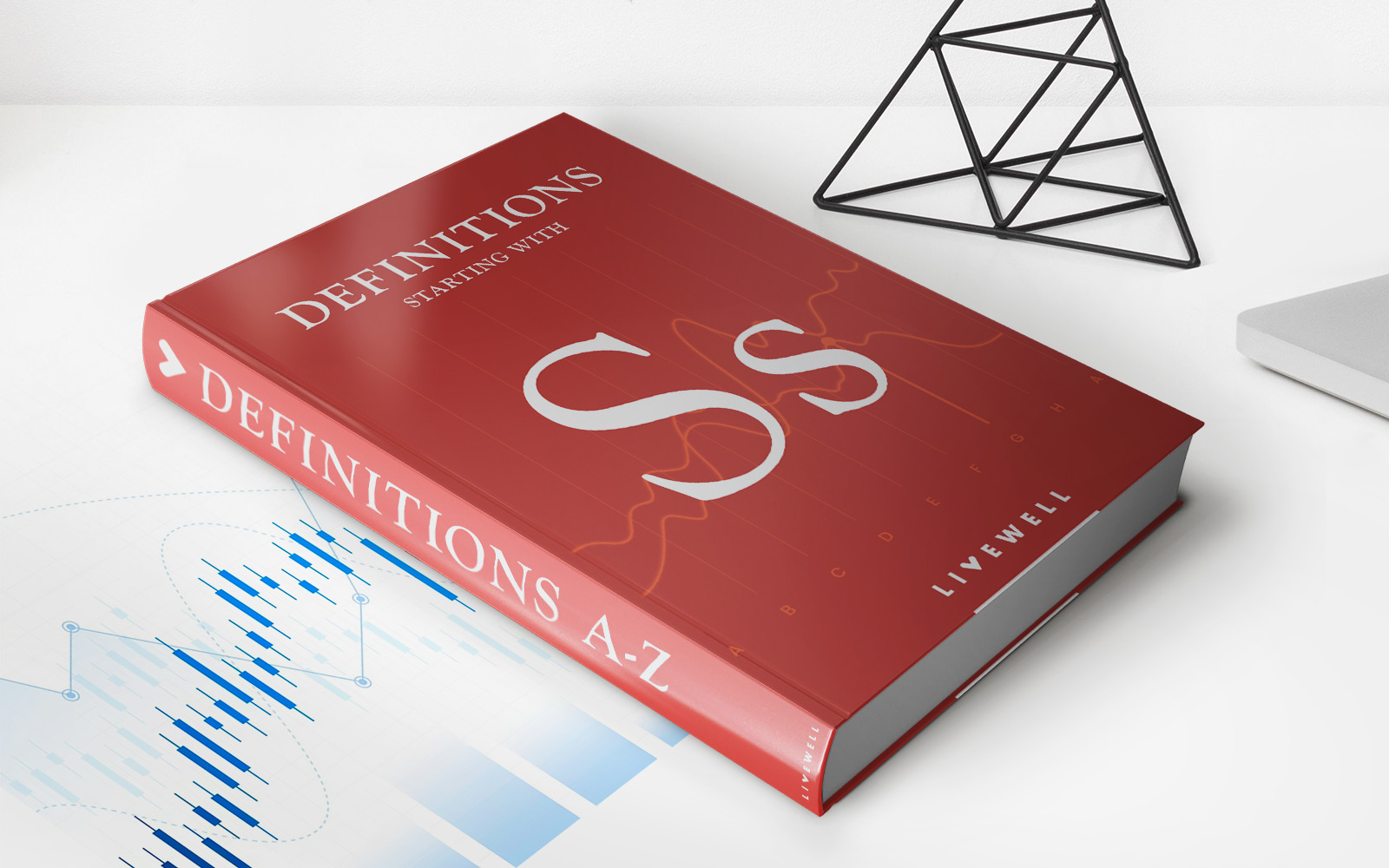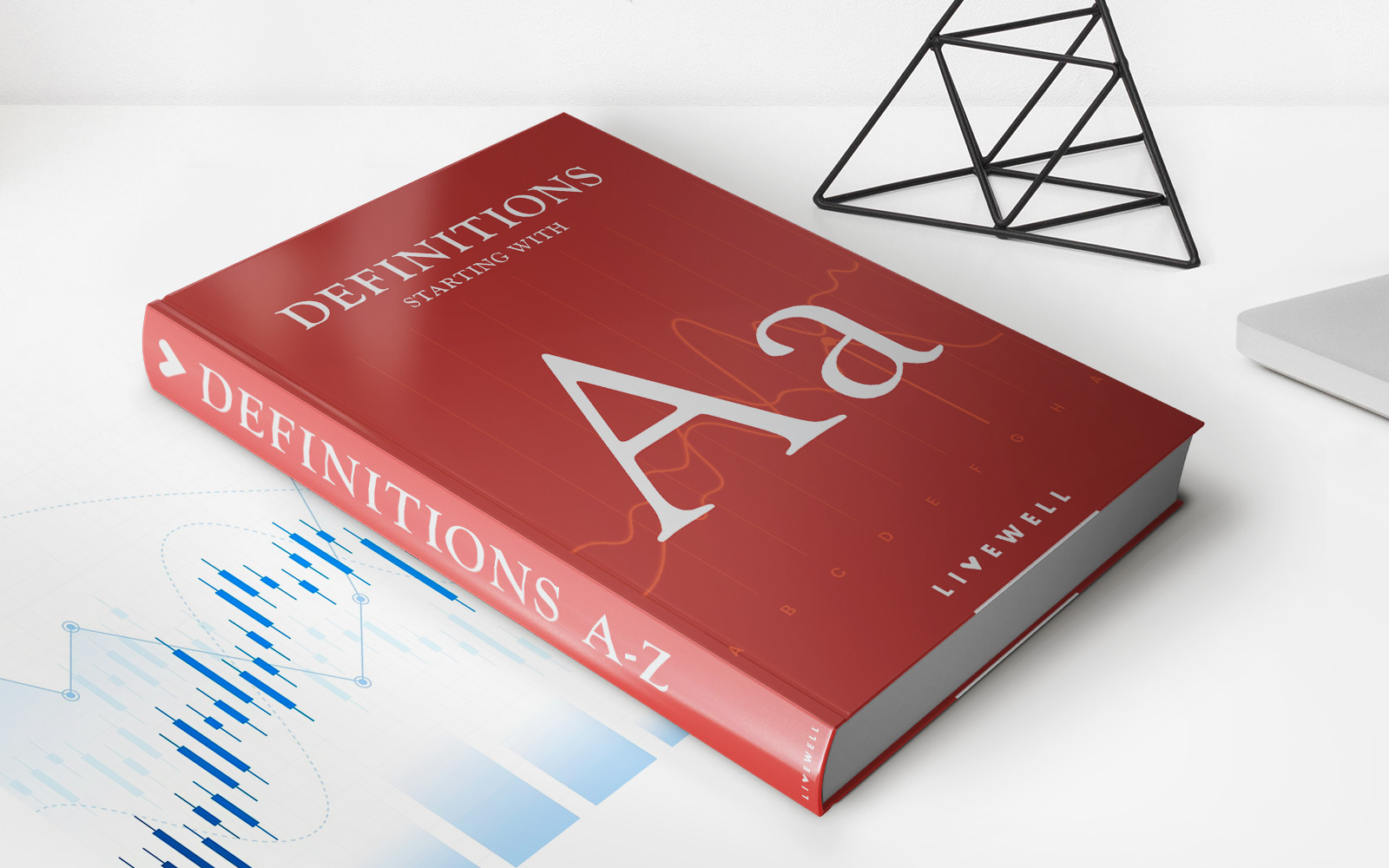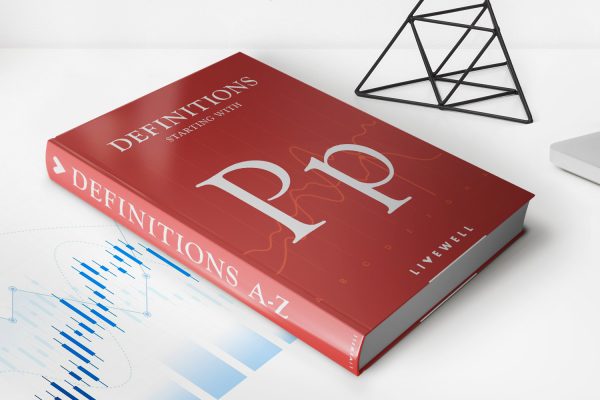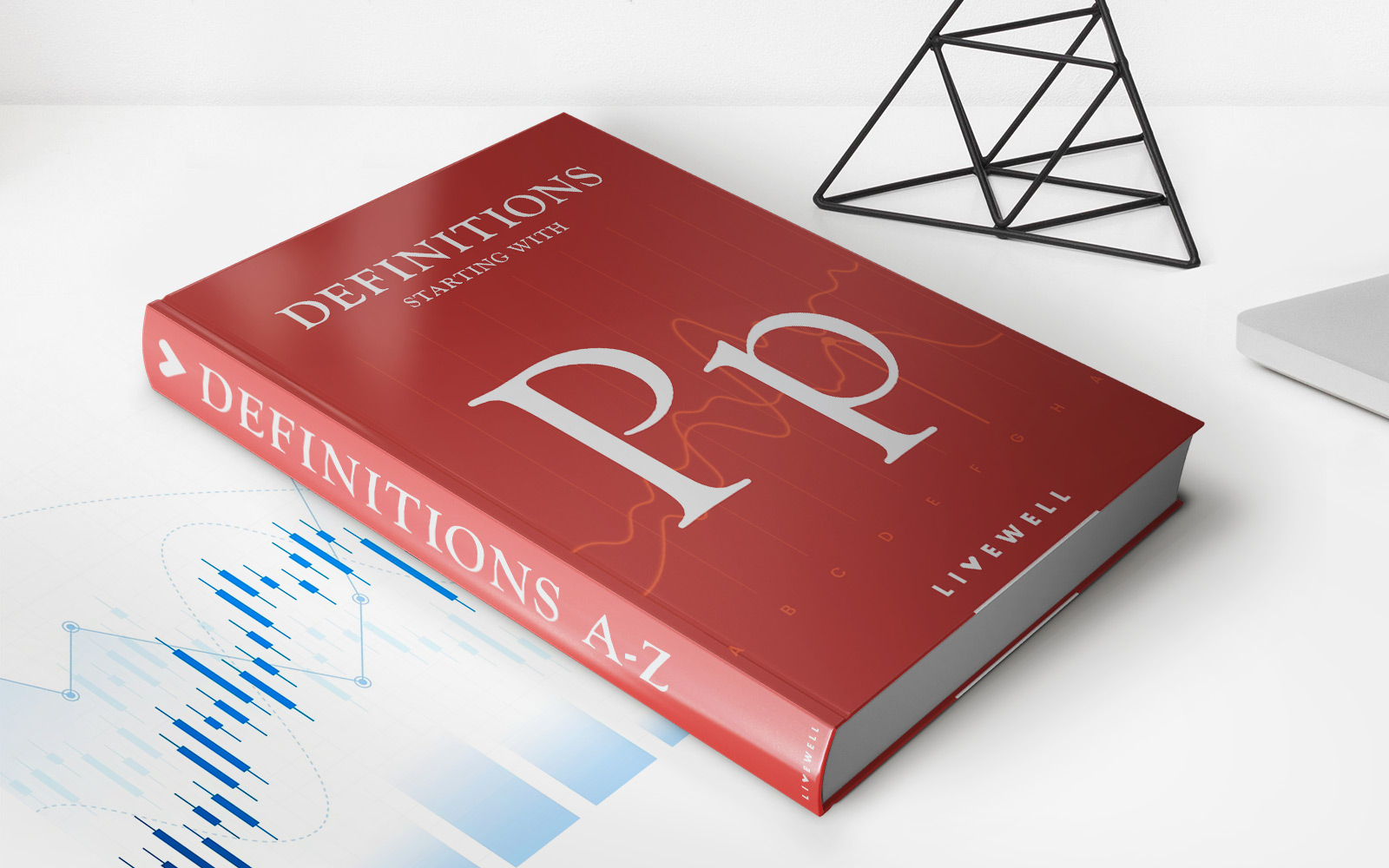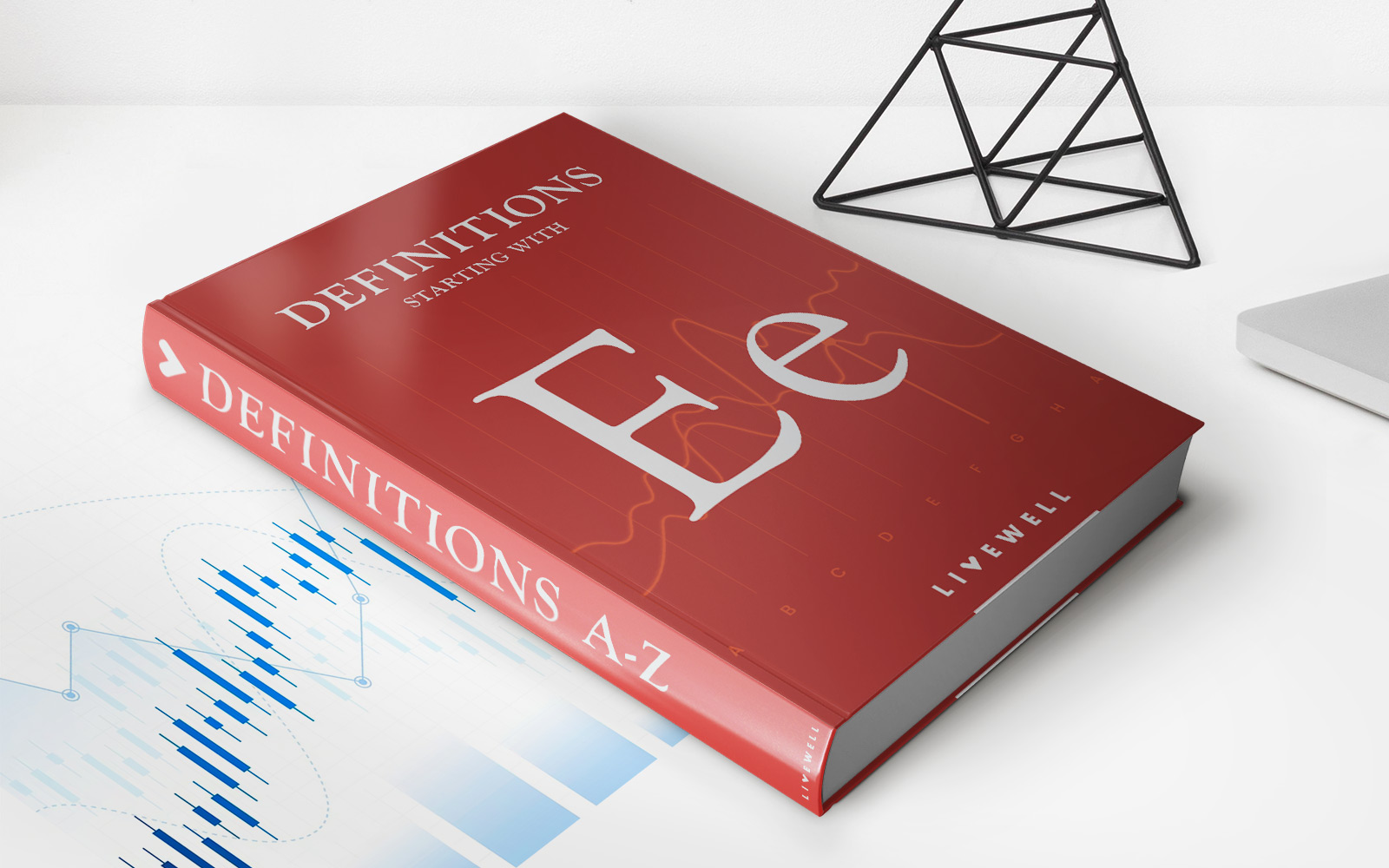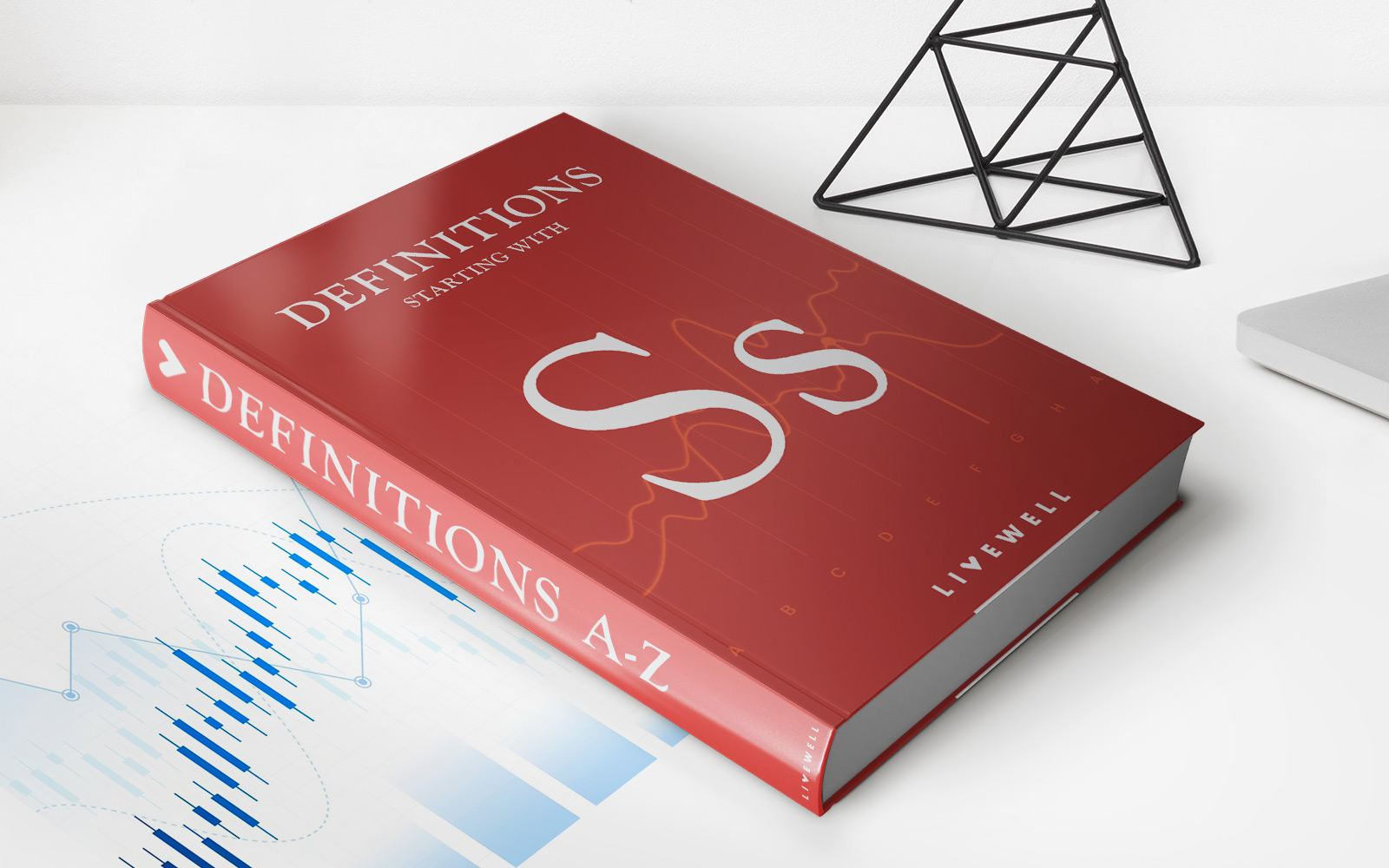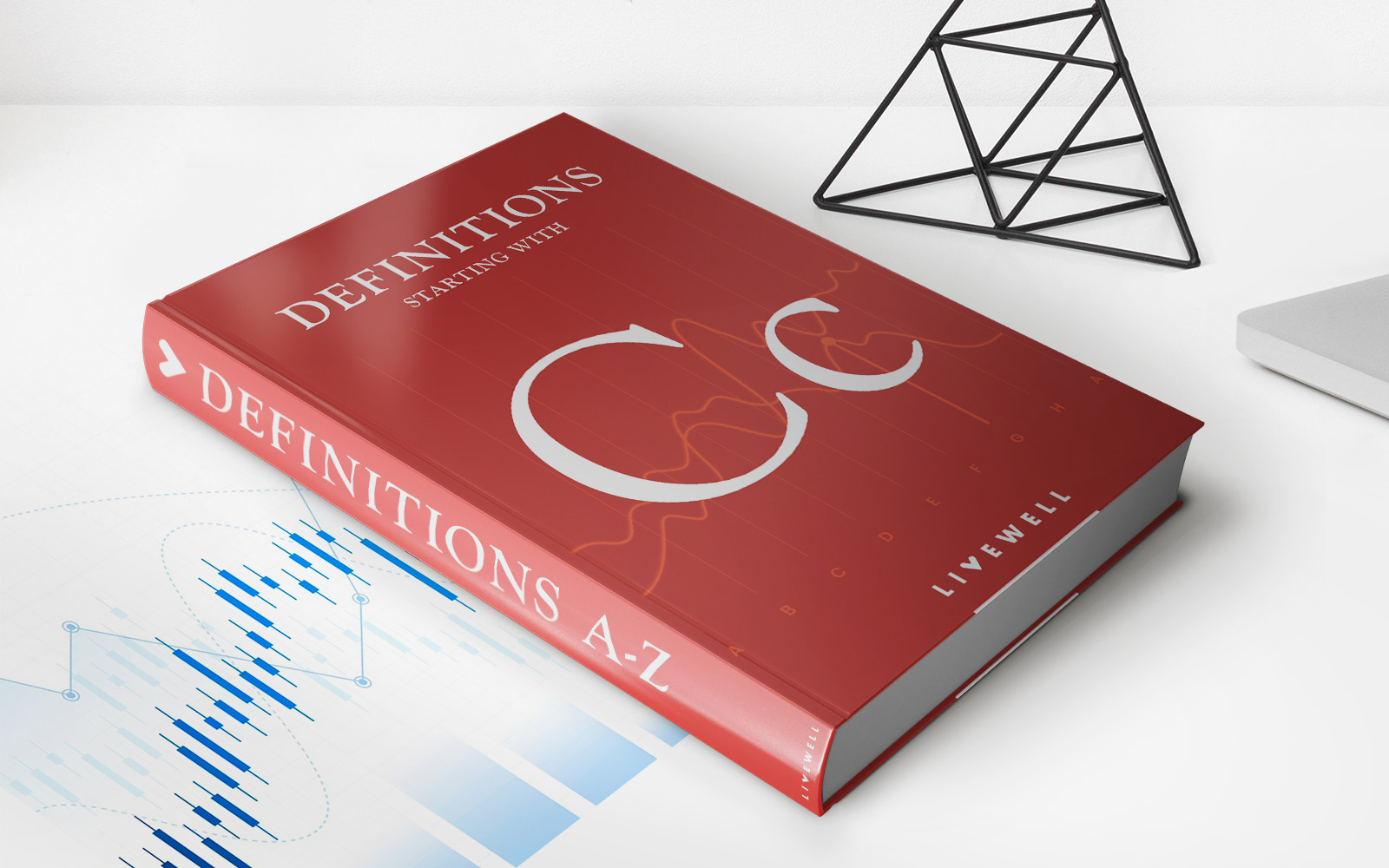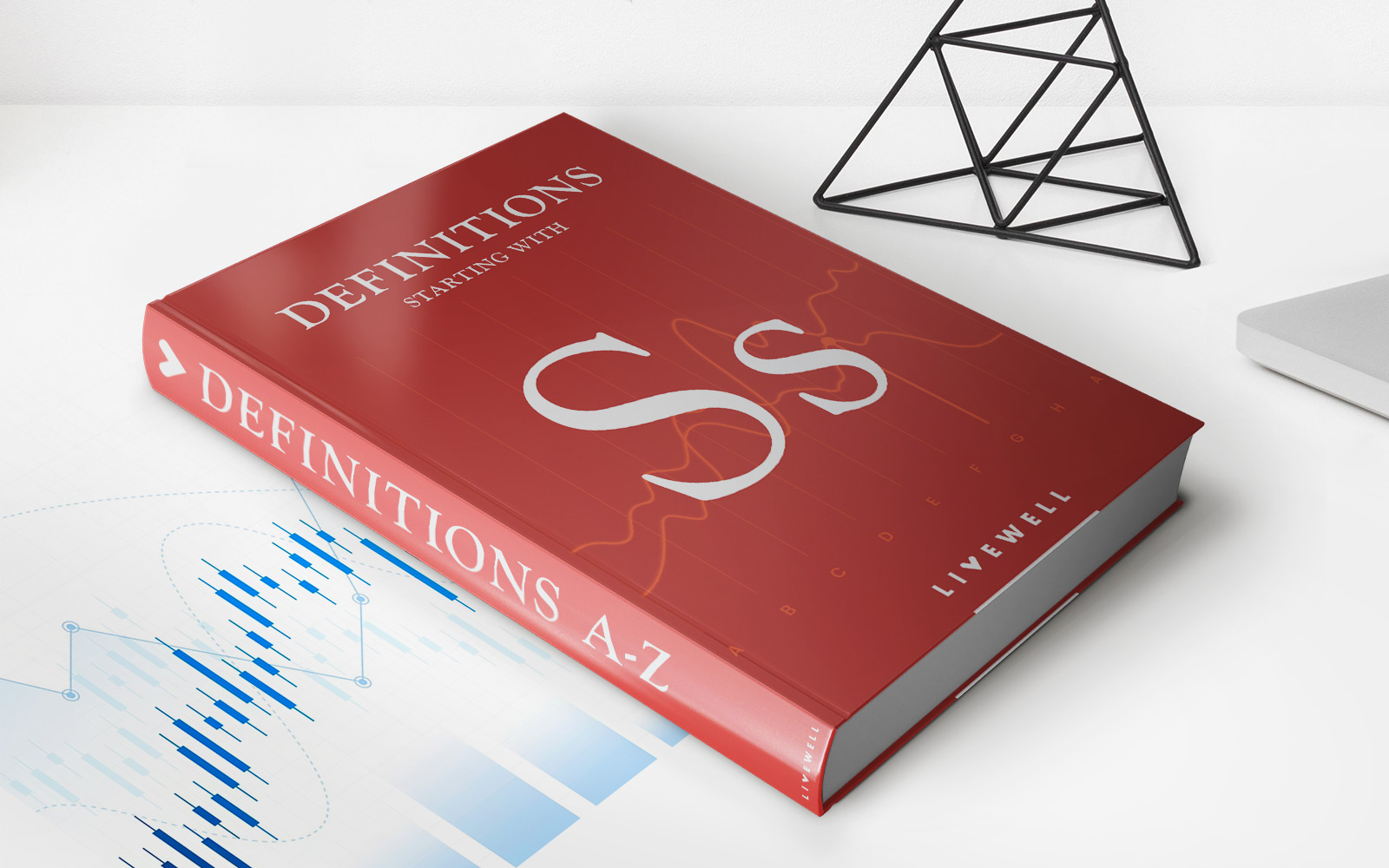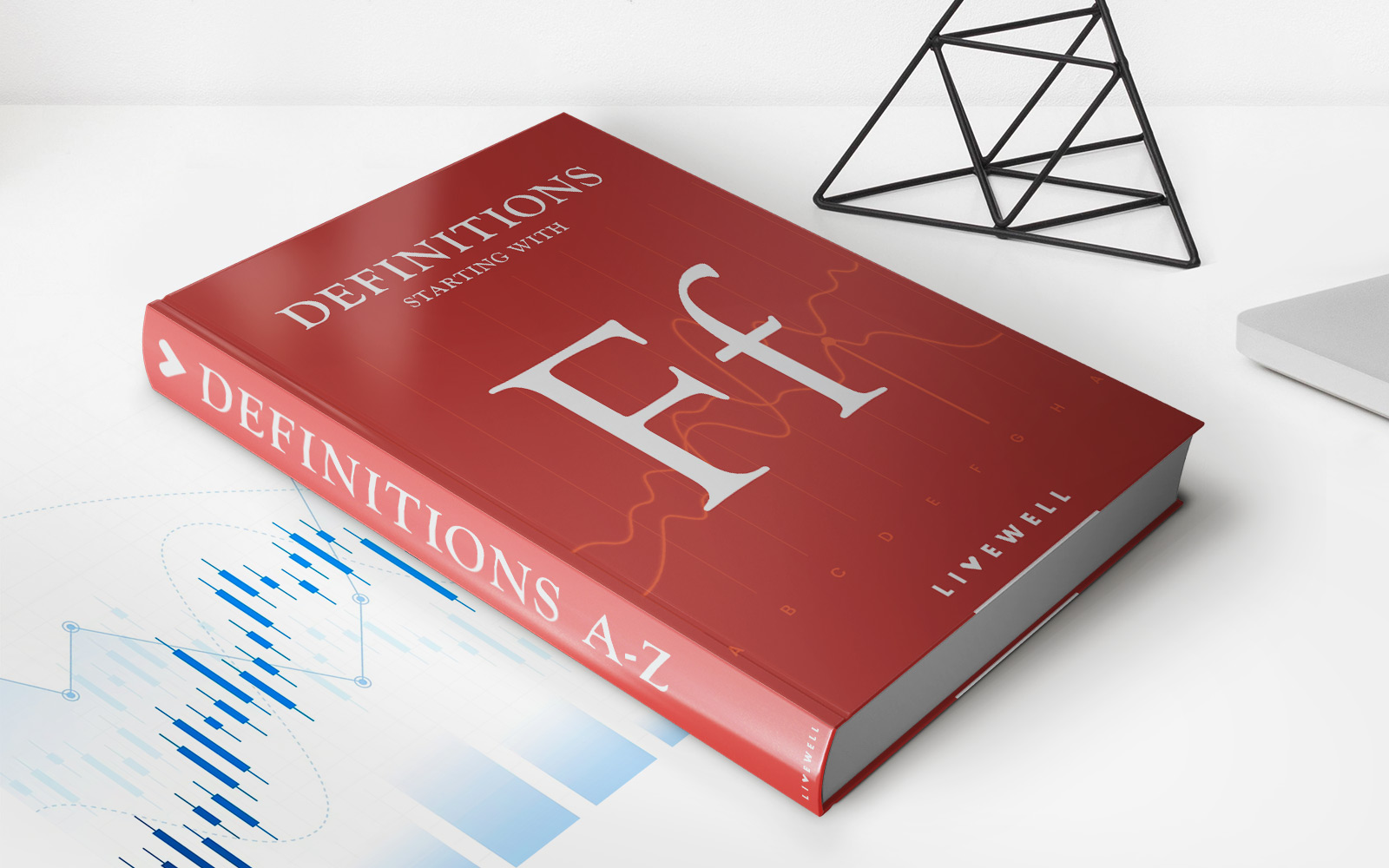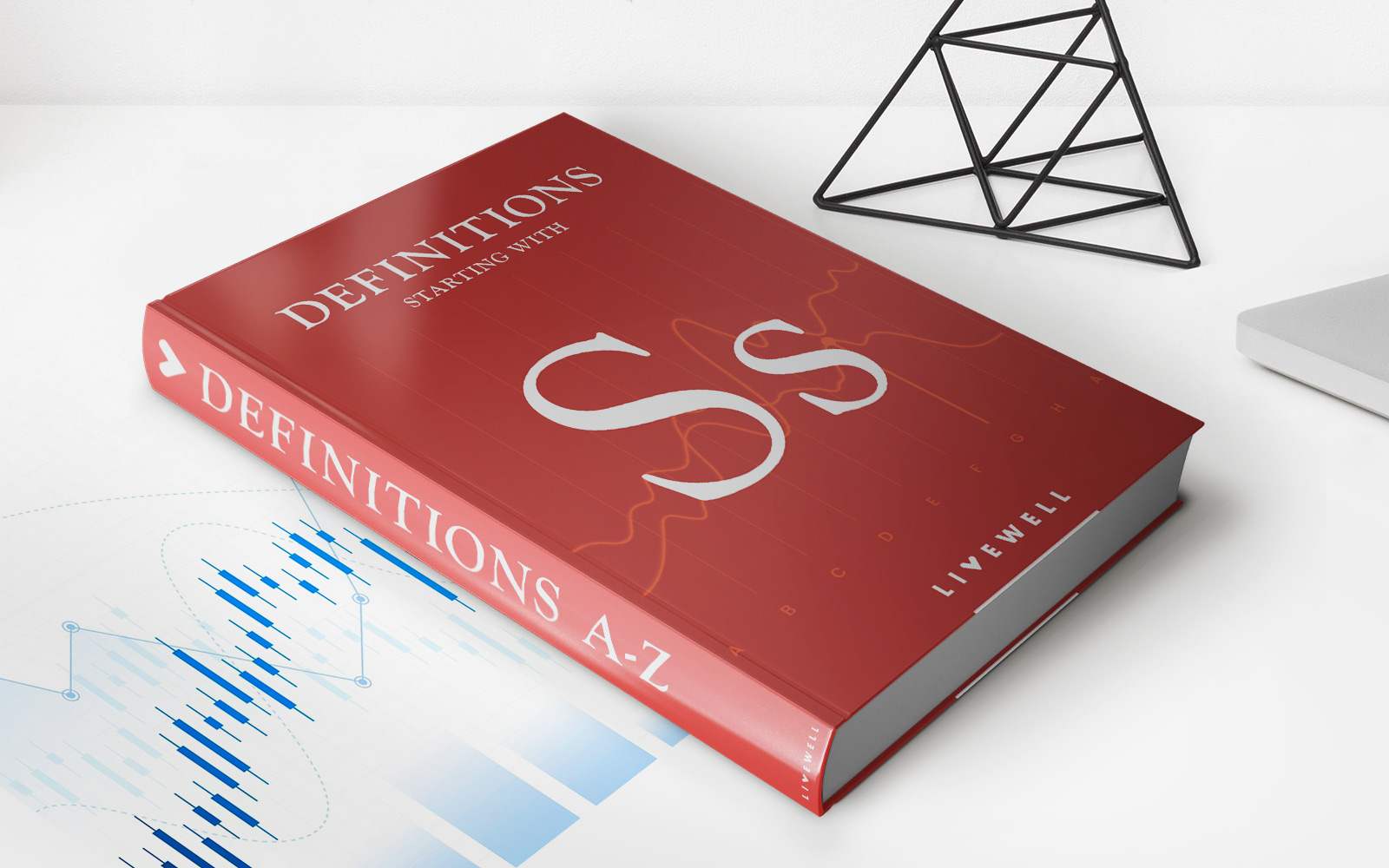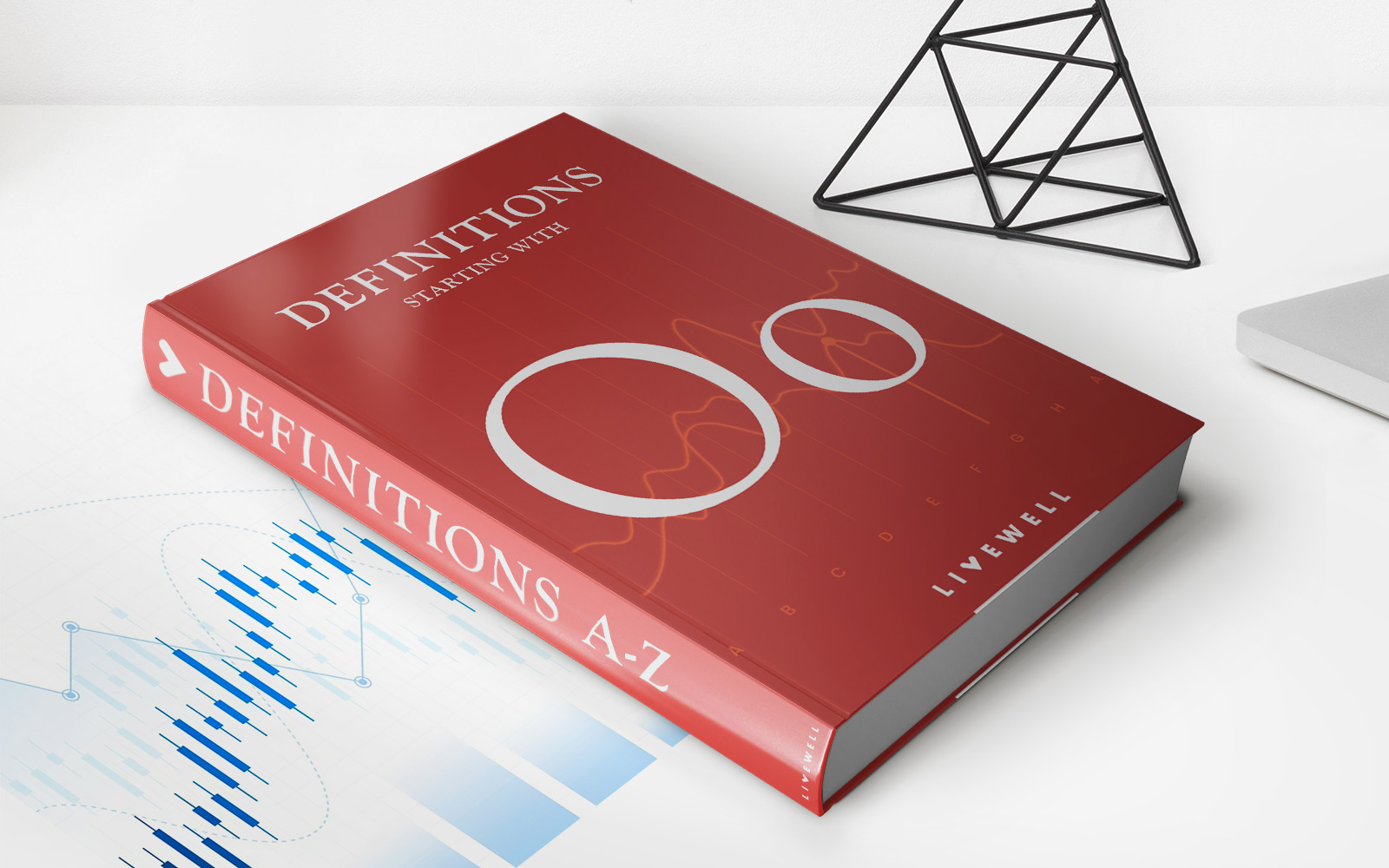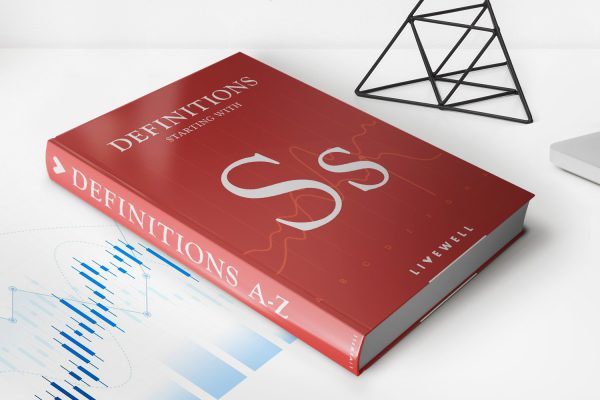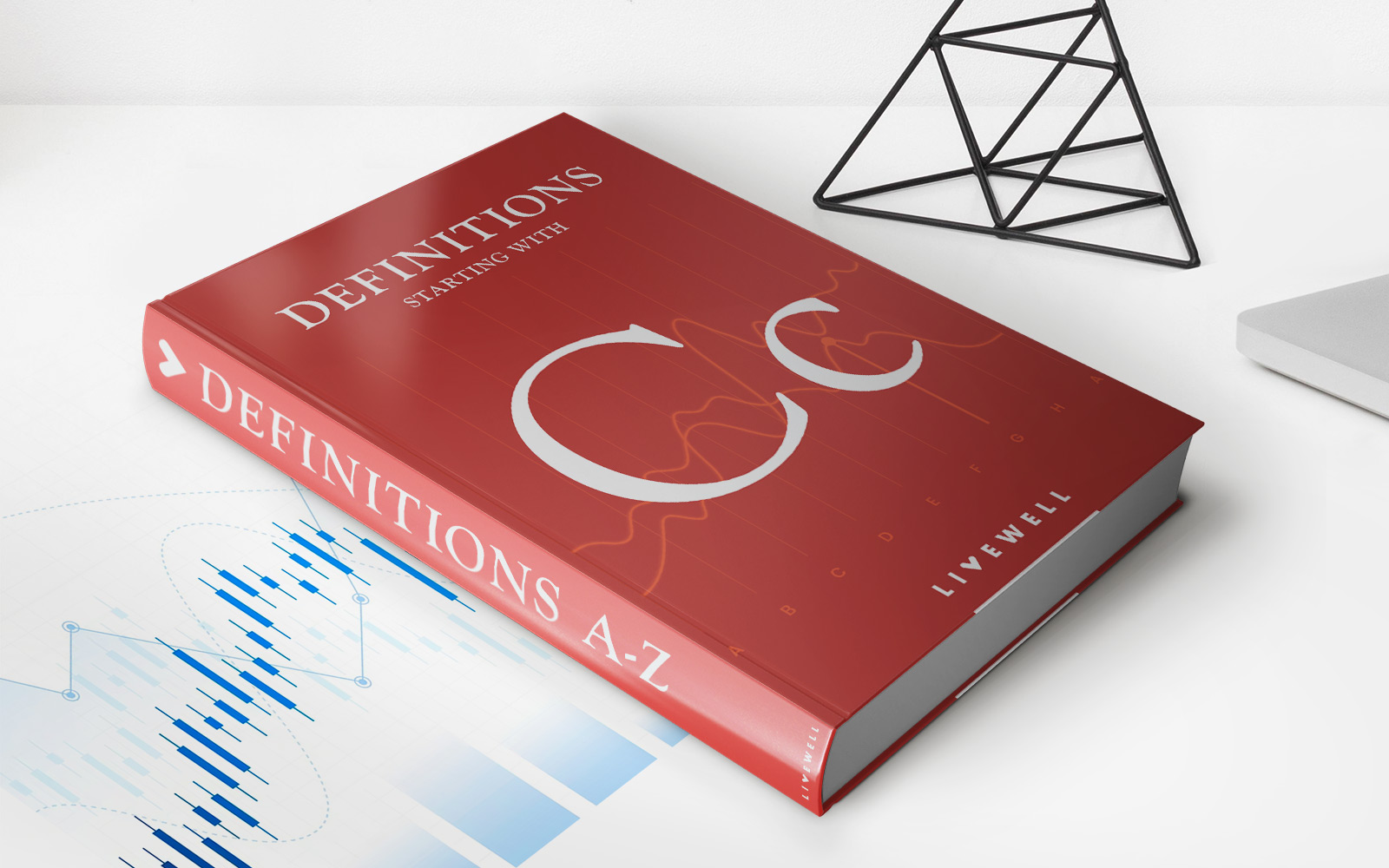Home>Finance>Political Action Committee (PAC): Definition, Types, Super PACs
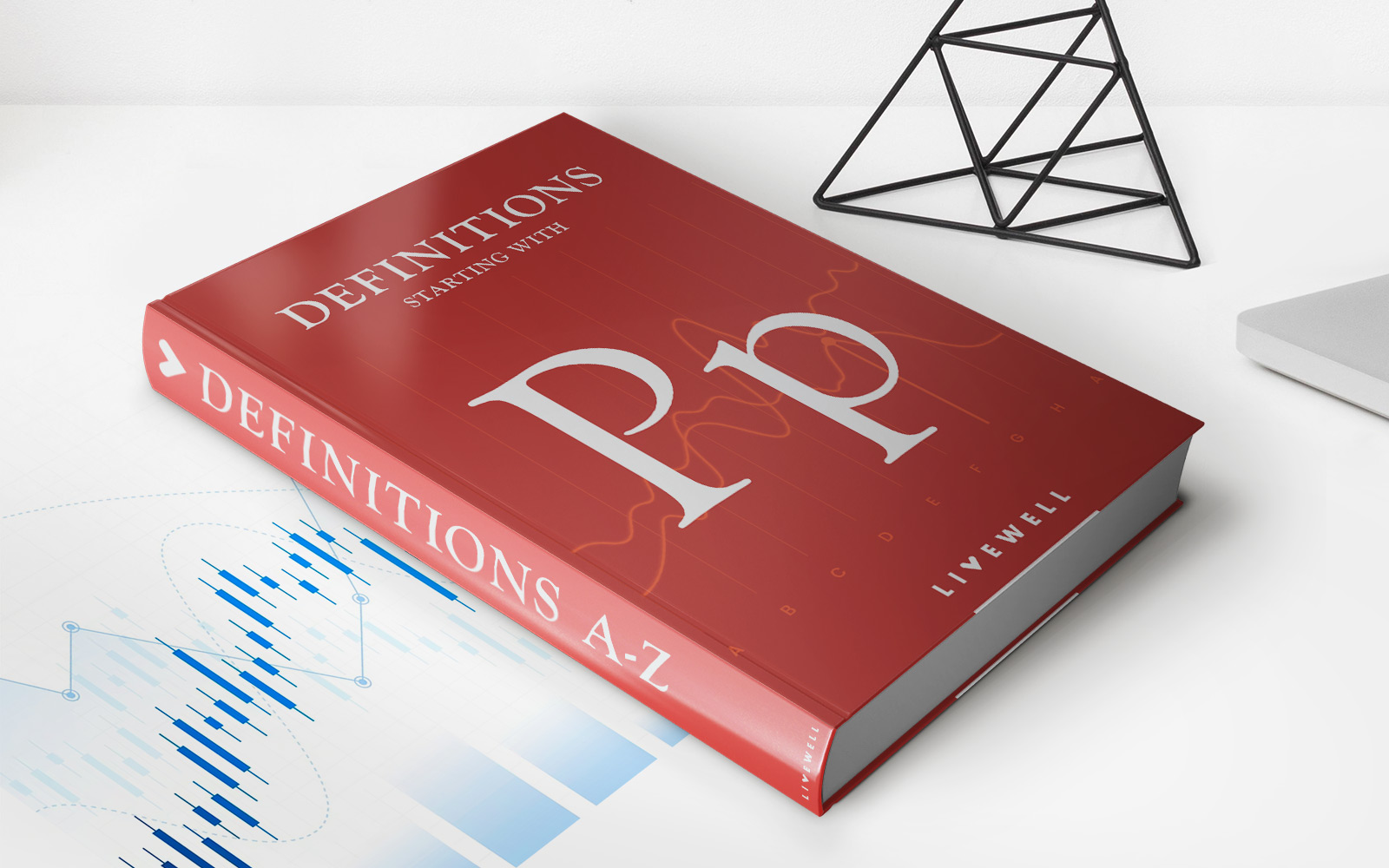

Finance
Political Action Committee (PAC): Definition, Types, Super PACs
Published: January 9, 2024
Learn all about Political Action Committees (PACs), including their definition, different types, and specifically, Super PACs. Explore the role of PACs in finance and political campaigns.
(Many of the links in this article redirect to a specific reviewed product. Your purchase of these products through affiliate links helps to generate commission for LiveWell, at no extra cost. Learn more)
Political Action Committee (PAC): Definition, Types, Super PACs
Welcome to our FINANCE category, where we dive deep into the world of financial matters. In this blog post, we’ll be exploring the fascinating realm of Political Action Committees (PACs) and shedding light on their definition, types, and the powerful influence they wield in the political landscape. So, if you’ve ever wondered what exactly a PAC is and how they operate, you’ve come to the right place.
Key Takeaways:
- PACs are organizations that raise funds to support political candidates or causes.
- There are different types of PACs such as connected PACs, non-connected PACs, Leadership PACs, and Super PACs.
Now, let’s delve into the world of PACs and unpack all the important details you need to know.
What is a Political Action Committee (PAC)?
A Political Action Committee, commonly referred to as a PAC, is an organization that raises funds from its members and affiliated groups to support political candidates, parties, or specific policy initiatives. The primary goal of a PAC is to influence the outcome of elections by financially backing candidates who share similar political ideologies or interests.
An interesting aspect of PACs is that they are regulated by the Federal Election Commission (FEC) in the United States. These regulations dictate the amount of money PACs can raise and spend on a particular candidate or cause, in order to ensure transparency and limit the potential for undue influence.
Types of PACs:
- Connected PACs:
- Non-Connected PACs:
- Leadership PACs:
- Super PACs:
A connected PAC is directly affiliated with a corporation, labor union, or trade association. These PACs raise money from employees or members and then make donations to political candidates or parties. They typically focus on issues or candidates that directly impact their affiliated organization’s interests.
A non-connected PAC, also known as an independent PAC, is not directly affiliated with any corporation, labor union, or trade association. These PACs rely on individual contributors who share similar political beliefs to fund their activities.
Leadership PACs are established by politicians, mainly members of Congress, to support other candidates and advance their own political careers. These PACs enable politicians to build alliances and gain influence within their political party.
Super PACs are a relatively new type of PAC that emerged after a 2010 federal court ruling. Unlike traditional PACs, Super PACs can raise unlimited funds from individuals, corporations, unions, or other organizations. However, they are prohibited from coordinating directly with candidates they support. Super PACs have gained significant attention due to their ability to spend massive amounts on advertising campaigns or campaigns critical of specific candidates.
As you can see, there are various forms of PACs, each with its own purpose and limitations. Now, let’s take a closer look at the rise and impact of Super PACs.
The Rise of Super PACs:
Super PACs have revolutionized the political fundraising landscape. Since their inception post the 2010 Supreme Court ruling in the Citizens United case, they have gained considerable prominence. Unlike traditional PACs, Super PACs can accept unlimited contributions from corporations, unions, and wealthy individuals.
One of the key distinctions of Super PACs is their ability to engage in independent expenditure campaigns. This means they can fund advertisements, runs issue advocacy campaigns, or even mount opposition against a particular candidate. Super PACs operate under the condition that they cannot directly coordinate with any candidate or political party, maintaining independence.
The rise of Super PACs has raised concerns about the influence of money in politics, as they can pour vast sums into campaigns and saturate the media landscape with their messaging. Critics argue that this amplification of political spending can tilt the balance of power and potentially compromise the democratic process.
Conclusion
Political Action Committees, or PACs, are influential players in the realm of politics. From connected PACs to Super PACs, these organizations raise funds and support candidates or causes that align with their interests. While PACs are subject to regulations, the rise of Super PACs and their ability to raise unlimited funds has reshaped the political fundraising landscape.
By understanding the different types of PACs and their role in political campaigns, we can gain insights into the complex relationship between money and politics. So, the next time you encounter the term “PAC” in the news or political discussions, you’ll have a better understanding of the impact these organizations have on our political system.
